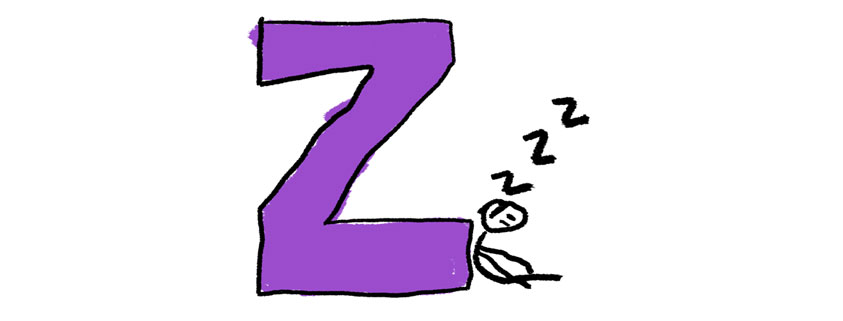As Dr. Kirk Parsley puts it, “We have an enormous problem that we all share that’s wrecking our health, our finances, our happiness, and our relationships.” This problem is shared by over 100 MILLION Americans. What’s that problem? Sleep deprivation.
Worse yet, many people are not willing to acknowledge that this is their problem. We’re told that “sleep is the cousin of death” and that “sleep is for the weak,” as if being able to operate on 5 – 6 hours of sleep (or less) is somehow heroic.
Fortunately, it’s not all bad news, and there’s a solution to the problem. But first, let’s take a look at the myriad negative health outcomes associated with sleep deprivation:
- Decreased carbohydrate tolerance and insulin sensitivity
- Increased evening levels of the stress hormone cortisol
- Increased hunger, appetite, and activity of food reward centers making it much more likely to overeat and make poor food choices
- Decreased muscle recovery and protein synthesis
- Impaired fat loss and accelerated muscle loss
- Depressed mood, reduced empathy, and increased prevalence of burnout
- Decreased focus, concentration, alertness, working memory, and cognitive performance, which is not surprising considering that research has repeatedly shown that sleep deprivation is on par with a blood alcohol volume of 0.05
The CDC estimates that some 9 million Americans resort to prescription sleeping pills, but unfortunately, this is not the solution I have in mind. While sleeping pills can induce drowsiness (i.e, knock you out), they can be addictive, and they can quickly lose effectiveness. Worse yet, sleeping pills don’t promote deep sleep, and studies have shown that they interfere with the brain’s ability to consolidate memories during sleep.
So, what is the solution? Here are some suggestions that can help improve sleep hygiene and quality:
- Avoid caffeine (and other stimulants) after 2pm.
- Limit alcohol consumption.
- Be careful going low carb, which can promote the body’s stress response. Eating some slow-digesting carbs at night can help boost serotonin (increase satiety, improve mood, and promote sleep), positively shift hunger hormones, and boost fat loss.
- Turn off electronics (e.g., phones, TVs) within 30 – 60 minutes of bedtime.
- Do a “brain dump” and write down any ideas, important thoughts, etc., into a notepad.
- Set your bedroom to an appropriate temperature (60 – 67 degrees is suggested) and make it as dark as possible.
- Incorporate purposeful stress reduction techniques (e.g., reading, deep belly breathing, meditation, stretching, binaural beats).
There are also a number of natural dietary supplements that may be useful to help reduce stress and promote relaxation:
-
-
- Low levels of vitamin D are associated with nearly every potential negative health outcome, including stress intolerance, depressed mood, and poor sleep quality.
-
<li< p=””> </li<>
>Magnesium
-
- promotes relaxation and plays a key role in regulating sleep. Supplementation with magnesium has been shown to help improve sleep efficiency, increase sleep time, and reduce sleep latency (i.e., time it takes to fall asleep).
- GABA is the primary inhibitory neurotransmitter that calms the brain, and activation of GABA receptors favors sleep. It also functions to decrease signaling of the excitatory neurotransmitter glutamate.
- L-Theanine, found in green tea, promotes a calming, relaxing effect. It inhibits glutamate, increases GABA, and has shown to improve sleep quality.

